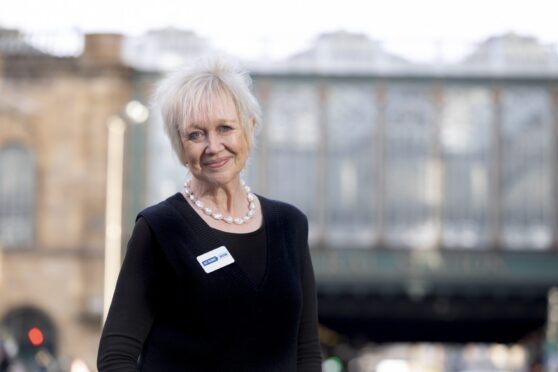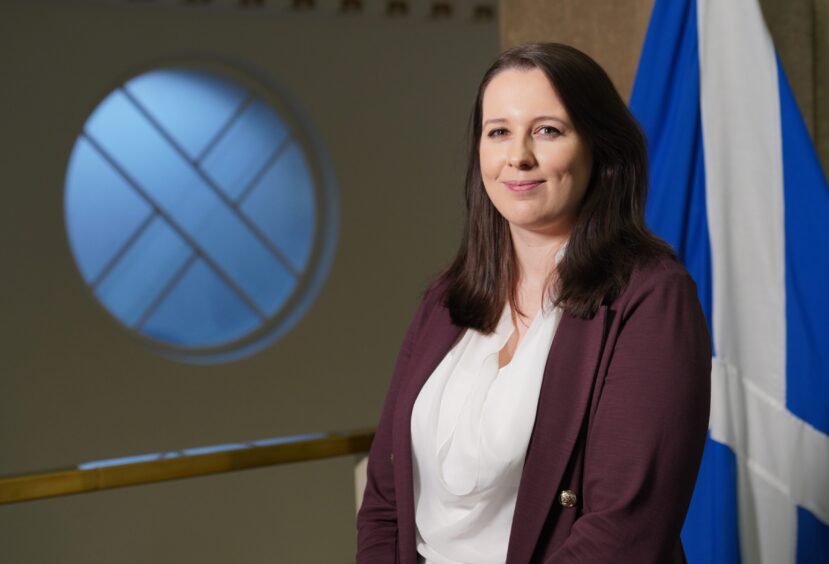
I am a retirement failure: a triple failure.
I have tried three times to retire, and three times I have failed to do so.
When colleagues celebrated retiring at 55, I would eat their leaving party cake and secretly feel glad that it wasn’t me leaving the job I love.
Retirement, along with events like marriage, motherhood, divorce or bereavement, is one of those major turning points in life.
I have found it is not for everyone. It’s certainly not for me, at the moment anyway.
I feel there are still too many things I want to do, though I’m not always sure what they are, and not too good at organising myself. These are reasons why I try to retire, but somehow never do.
I keep finding myself back in this profession, doing work which continues to inspire me, and gives me opportunities to teach and pass on my expertise to younger psychiatrists. Young colleagues are so eager and determined to learn. Passing on knowledge and experience is fulfilling, and I learn new things from them.
Watch our loneliness campaign video:
My first attempt at retiring came as I handed over my work in eating disorders to a younger generation of clinicians, but the pandemic hit, and like many others working in healthcare, I returned to the wards to do my bit. To be honest, it saved me from isolation and gave me a purpose, and I was fortunate not to fall ill as many brave colleagues did.
By the time it came to leave, I had already moved to perinatal services, helping women with their mental health through pregnancy and after they gave birth. I was also acting as a mentor and tutor and though I handed over to a new service, by now I had ditched the retirement plans.
I wrote a book, and then another. So, by the third attempt to retire, I had a whole portfolio of work and was asked to be chair of the Royal College of Psychiatrists in Scotland.
I no longer directly see patients but life is very busy, working with colleges and government to improve our health services.
As a psychiatrist I’ve seen how people go routinely from school to college or university, and then to work. We spend a lifetime being told what to do and where to be.
Suddenly, with retirement, we are responsible for our own time. It is hardly surprising many of us do not cope.
Our identity and social circle can be closely tied up with a job or career.
Take that away, and we’re at risk of becoming depressed and anxious. Physical ailments can add to distress and isolation.
That is why I am a huge supporter of Our Big Braw Community, the uplifting campaign to end loneliness by bringing communities and people together.
Whether someone is a volunteer or receives friendship calls or visits, everyone taking part benefits.
Bringing older and younger people together is successful because different generations and diverse backgrounds enliven us all.
Not so long ago people faced redundancy or forced early retirement so that a younger and cheaper workforce could replace them. Most employers today are more appreciative of the skills of older people. They understand a diverse workforce can be a happier, more productive workforce.
I celebrate opportunities for older people who love their jobs being able to stay on through part time or flexible contracts.
I’m into my 70s now, but I’ve always been a late developer. I was late to start university, and I had my children later in life with a six-year gap between them, so it was a while before I returned to work full-time.
Perhaps that is why I still feel my working life is incomplete.
Even those who have made the perfect plans for retirement must be prepared to change them in the light of experience. The answer is to find what fulfils you. Working on gives me that precious sense of still belonging to society and makes me determined to campaign for all of us – employed, volunteers, or living their own choice of lifestyle – to enjoy that deep sense of connection.
Jane Morris FRCPsych FRCPE, is Chair, Royal College of Psychiatrists in Scotland, an Hon Senior Lecturer University of Aberdeen and Hon Associate Newnham College, Cambridge.
Roddick in call for government collaboration on initiative

By Marion Scott
Our Big Braw Community campaign to end loneliness has been applauded by the Scottish Government.
Equalities Minister Emma Roddick welcomed our initiative, and said: “The Scottish Government encourages the Big Braw Community campaign to engage with the Social Isolation and Loneliness Advisory Group to explore collaborative working on this issue.”
Sunday Post Editor Dave Lord welcomed the move and said: “We and our partners Age Scotland are determined to make a real difference and end loneliness because this will not only brighten the lives of thousands of our most vulnerable and isolated people, it also makes our communities happier and healthier too.
“The response from our readers has been wonderful. We believe Our Big Braw Community is a positive driving force for change.”
The World Health Organisation describes loneliness as a “public health crisis”, increasing the risk of dementia by 50%, and strokes and heart problems by 30%.
Adam Stachura, head of policy for Age Scotland, said: “If we do nothing to combat loneliness, public health services face paying millions more in care costs.”
Scottish Conservative Shadow Social Justice Minister Miles Briggs said: “This government response is very welcome. What we want to see now is the minister meeting with campaigners to get things moving.”
Scottish Labour MSP Monica Lennon, who wrote to Roddick last week, said: “The government must make meeting campaigners a priority so everyone can work together to make a difference.”
With every opposition party leader backing the campaign, along with major charities, organisations and professional expert groups such as the Royal College of Psychiatrists Scotland, a taskforce is being set up to progress Our Big Braw Community.
Celebrities Glen Michael, of Cartoon Cavalcade, BAFTA-winning actor Gary Hollywood and Still Game’s Jane McCarry all pledged to make a series of films to highlight our aims.
Hollywood said: “The wonderful public reaction we’ve had demonstrates what a great campaign this is and how important it is for every single family. We all have family members who are vulnerable. Our Big Braw Campaign brings everyone together to show we all matter and we can all do something.”
Roddick said: “I welcome The Sunday Post’s campaign. We recently outlined the actions and priorities we are taking to tackle this issue, including funding organisations across Scotland, such as Inverness Foodstuff and the Glasgow Disability Alliance, to deliver community-led activity that responds to local needs and provides opportunities for people to connect.
“But we all have a part to play in this issue, and I’m happy to support all initiatives that contribute to tackling social isolation and loneliness.”

Enjoy the convenience of having The Sunday Post delivered as a digital ePaper straight to your smartphone, tablet or computer.
Subscribe for only £5.49 a month and enjoy all the benefits of the printed paper as a digital replica.
Subscribe